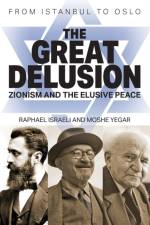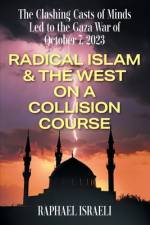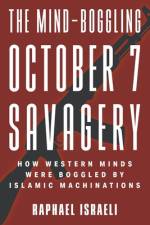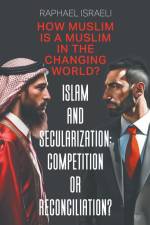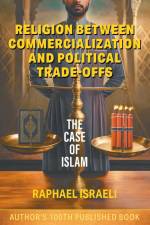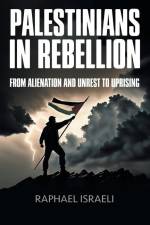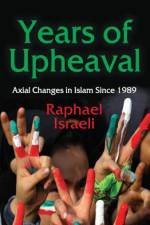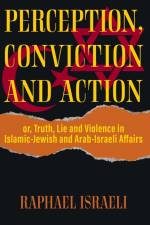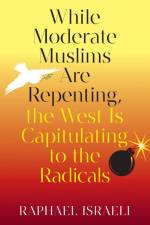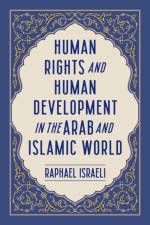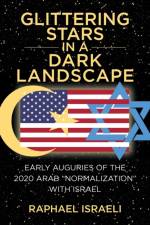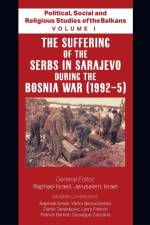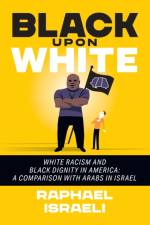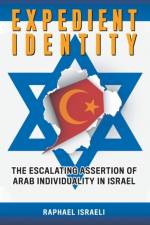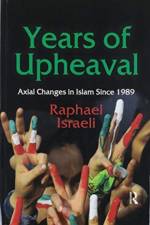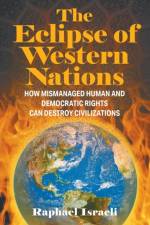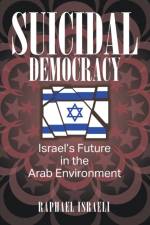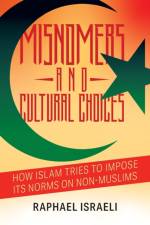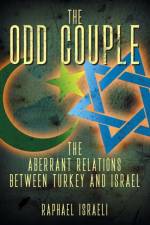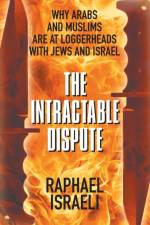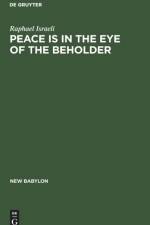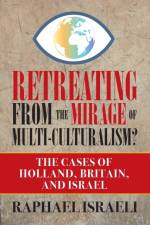av Raphael Israeli
467
It's all Perception "The Shah of Iran had maintained excellent relations with Israel, and the Jews of Iran flourished, but upon the advent of Khomeini in 1978, who dubbed Jews the 'enemies of Allah,' those attitudes were reversed overnight until under President Ahmadinejad, Iran and its Hizbullah operatives in Lebanon became the most virulent and violent enemies of Jews and Israel everywhere. Similarly, one cannot compare the dominant stature of Yasser Arafat at the helm of the Palestinians, as he was himself a revolutionary operative who dipped his hands in terrorism, to the more subdued conduct of Abu Mazen, his successor, who enjoys the comfort and prestige of his position but shuns combat, and is content with iconizing PLO terrorists and murderers as models to be emulated by his people, in order to show that the momentum of the Palestinian Revolution did not recede even though the leader could no longer serve as the model himself." Under authoritarian regimes the depiction of events, politics and events of the future as well as of the past are unpredictable. They are often dependent on the whim of the ruler, who makes his own "constitution" when he comes to power, not as a rigid set of laws to restrict his own power, but as a blueprint for his unrestricted plan of action during his tenure. The manufacturing of lies, myth, invented history, and imagined genealogies, all geared to justify post-facto the ruler's takeover of the regime, or the self-allocation of titles and feats that aggrandize his fame, create a variant pattern of rule. This can even happen with the establishment of a dynasty under a republican regime, when the authoritarian ruler bequeaths his rule to his offspring (as has happened in Egypt, Libya, Syria, Iraq, and Yemen, greatly contributing ultimately to the fall of the regimes). Even more impressive and lasting is the self-conviction embraced by the ruler in the religious Islamic environment, when an expedient political fact like the failed succession of the Prophet Muhammad by his cousin and son-in law Ali was turned into a sacred creed that sanctified through the generations the millennial split of the Shi'ia from mainstream Sunni Islam. Thus, events are often perceived by Muslims in the light of their religious convictions, and myths are created to fill in historical gaps, which can generate distortions of policies when they are acted upon. About the author:Raphael Israeli has taught Islamic, Chinese, and Middle Eastern history at Hebrew University in Jerusalem. A graduate of Hebrew University in history and Arabic literature, he earned a Ph.D. in Chinese and Islamic history from the University of California, Berkeley. Now retired, he has been a Fellow of the Harry Truman Research Institute at Hebrew University and the Jerusalem Center since the1970s. He is the author of over 90 books and 100 articles.

